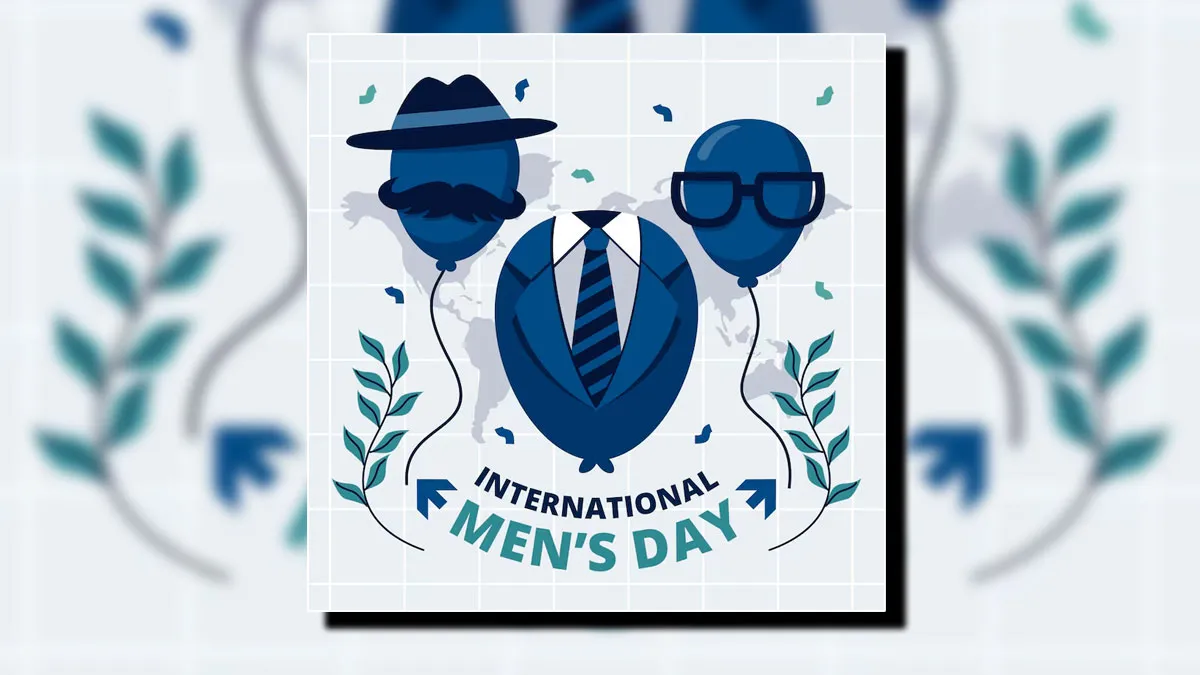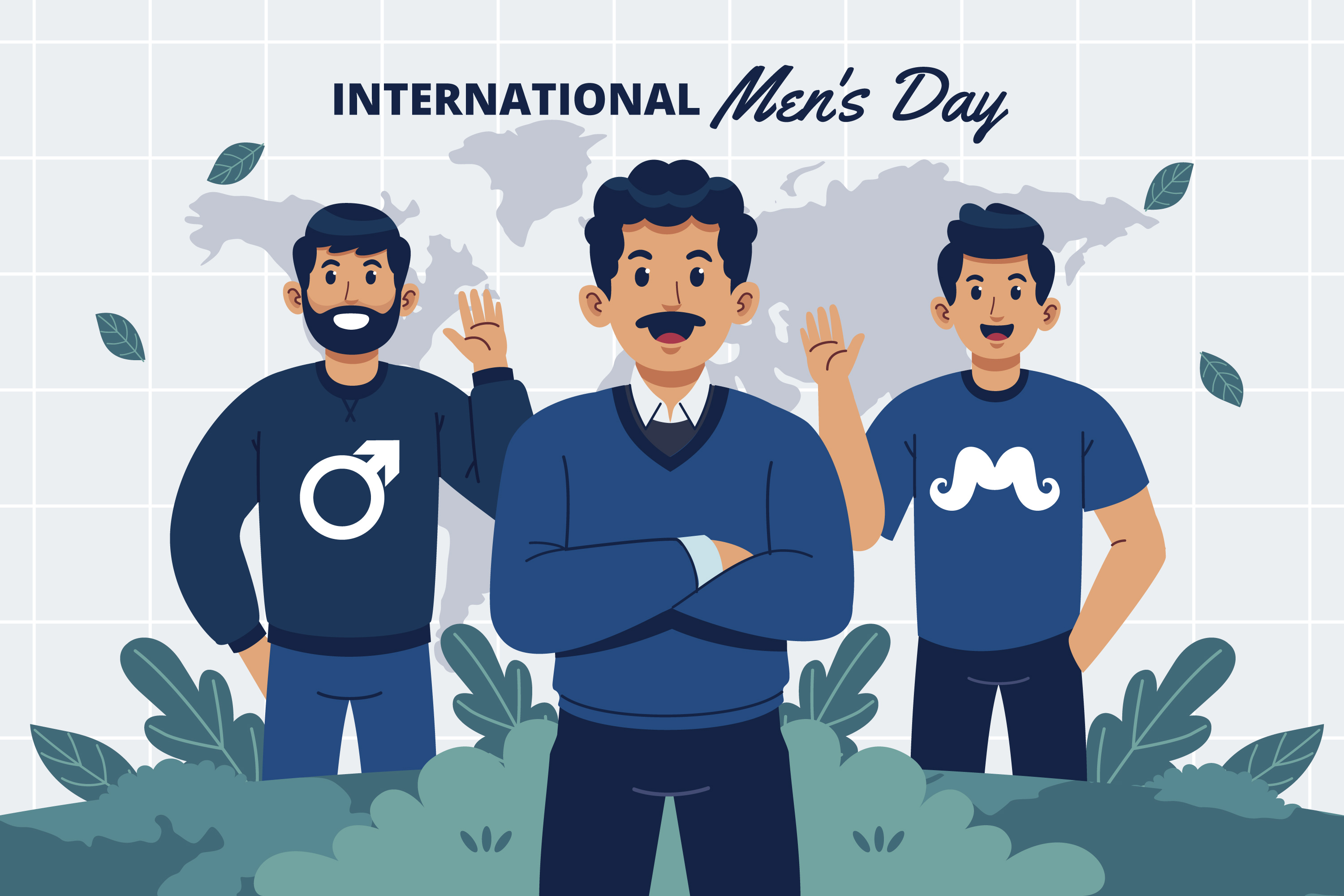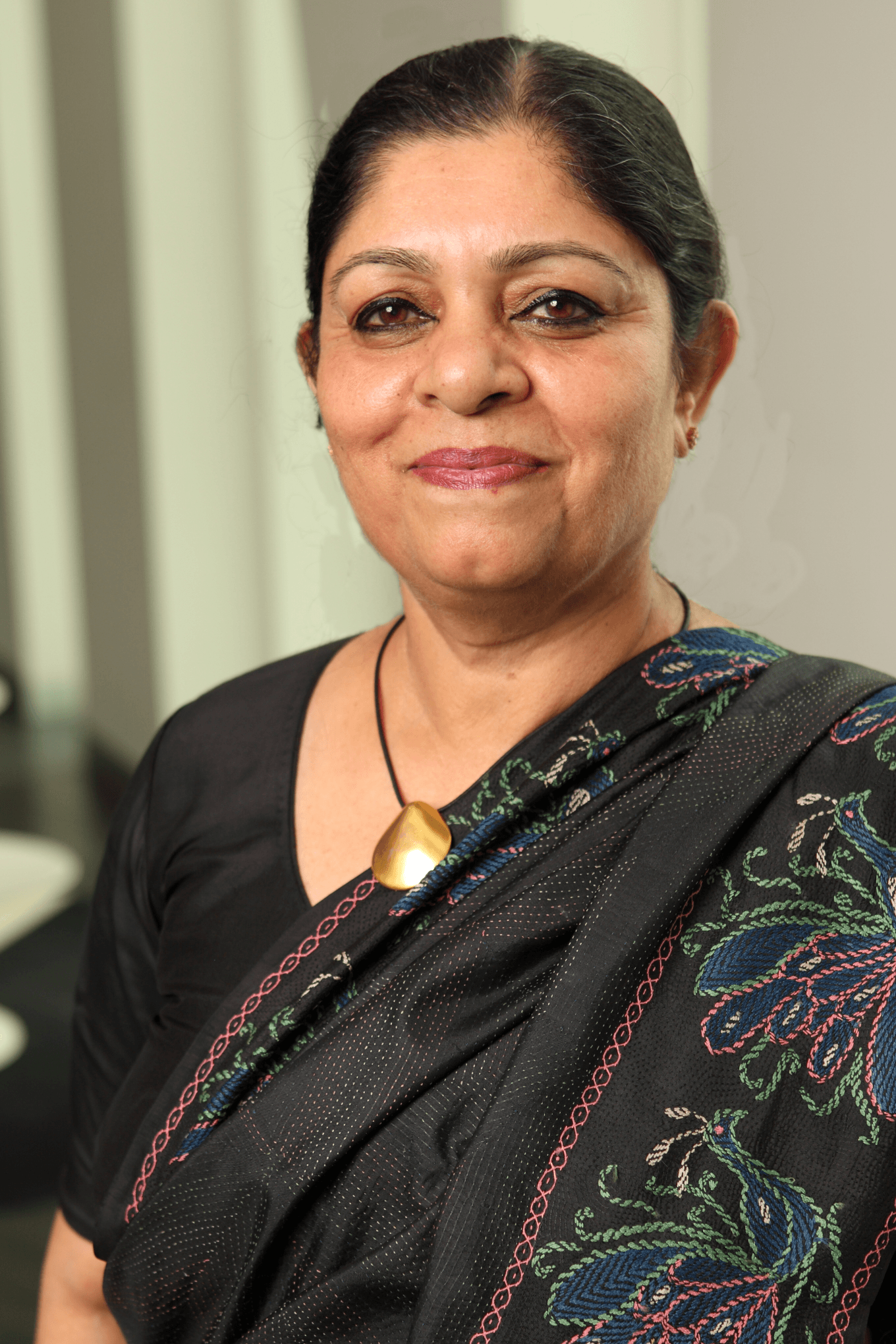
International Men’s Day is a crucial reminder that transforming the negative and harmful aspects of traditional masculinity is central to driving meaningful social change. In India, where traditional gender roles dominate, reshaping masculinity is essential for true progress. The phrase Har Zindagi Badlegi, Jab Mard Badlega highlights the importance of responsible male participation. When men evolve beyond outdated, toxic ideals of masculinity and embrace values like compassion, respect, and equality, they become catalysts for societal change within their families, communities, and the nation as a whole.

Poonam Muttreja, Executive Director, Population Foundation of India highlights that for generations, masculinity in India has been associated with dominance, emotional indifference, and the rejection of vulnerability. These stereotypes have not only restricted men’s personal expression but also reinforced gender inequality that undermines social progress. Such ideals shape every interaction—at home, at work, and in society—creating an environment where emotional openness is stifled, and the importance of mutual respect is overlooked. Men are often pressured to suppress their emotions, avoid help-seeking behavior, and embrace a stoic form of strength. This emotional repression takes a toll on men’s mental health, contributing to high suicide rates and a pattern of unresolved emotional issues. According to National Crime Records Bureau Report (2022), men made up 72% of all suicides in India.
The real challenge lies in how these traditional ideals perpetuate a range of social inequalities. For example, the Masculinity and Health study by the International Men and Gender Equality Survey (IMAGES) in India revealed that men who strongly align with traditional masculine ideals are less likely to support gender equality or share domestic responsibilities. This perpetuates patriarchal cycles, reinforcing harmful gender norms that restrict everyone’s freedom. For instance, when men do not share family planning responsibilities, for instance, the burden falls entirely on women. The NFHS-5 data highlights that one-third of men still view contraception as a women’s issue, with female sterilization dominating family planning choices.

Despite not sharing responsibilities at home, men still hold disproportionate power in family decision-making. This power imbalance not only affects women’s access to reproductive rights but also perpetuates the economic and social dependency of women on men. These cultural norms create a system where men are seen as decision-makers, while women are expected to merely comply—leading to significant inequality both at the household and societal levels.
The greatest barriers to women’s progress are often not physical but deeply ingrained in societal norms, values, and expectations. Whether it’s the stereotype that women shouldn’t pursue leadership roles, or the assumption that a woman’s primary responsibility is the home—these are all products of entrenched attitudes that have been passed down for generations. In most parts of the world, women and girls continue to be born into a social system that is steeped in inequality and discrimination. The continuing life cycle of violence that women experience reflects the deep-rooted and persistent patriarchal gender and social norms in the country.
This is why male participation in gender equality is crucial—men can no longer be passive observers, but they must take an active role in driving this change. However, true participation goes beyond simple involvement—it requires a process of unlearning and redefining the meaning of true participation.
Since societal norms are ingrained from an early age, the work of dismantling them must begin early as well. There has to be significant investments made towards creating spaces where adolescents can openly explore these issues, ask important questions, and challenge ingrained beliefs.
Artificial Intelligence powered Chatbots like SnehAI, developed by the Population Foundation of India, offer adolescents and young people a safe, non-judgmental space to explore sensitive topics such as sexual and reproductive health, relationships, consent, and mental health. By providing young people with relevant information and resources, platforms like these create opportunities for them to challenge traditional notions of masculinity. Such spaces not only empower them to become active, progressive participants in gender equality but also equip them with the knowledge to protect themselves.
However, change isn’t limited by age—it’s an ongoing journey for everyone. Breaking free from toxic masculinity requires not only recognizing its impact on oneself and those around but also actively embracing new definitions of strength rooted in empathy, respect, and openness. The Population Foundation of India’s Main Kuch Bhi Kar Sakti Hoon (MKBKSH) initiative shows how the media can inspire such change by encouraging men to question both societal norms and their own beliefs. After watching MKBKSH, a group of men in Chhatarpur, Madhya Pradesh, actively advocated for gender equality, singing songs to encourage fellow men to commit to practices like adopting vasectomy and delaying the birth of a second child. More importantly, they committed to applying the same principles of equality and respect in their personal relationships.
Ultimately, sustainable progress hinges on men’s participation in gender equality—not as decision-makers over women’s lives, but as partners and allies in creating a just society. Men must engage in shared responsibilities, whether that’s in family planning, child-rearing, or household work, ensuring that women’s burden is shared equally.
The message is clear: Har Zindagi Badlegi, Jab Mard Badlega. This transformation begins within families, extends to communities, and gradually, shapes a nation where men and women contribute equally. The first step is understanding that women’s issues are not just theirs—they are also men’s and, by extension, society’s issues. As feminist psychologist Carol Gilligan states, the opposite of patriarchy is democracy—one in which the burdens women carry, whether at home or in society, become a shared responsibility.
Image Courtesy: Freepik
Our aim is to provide accurate, safe and expert verified information through our articles and social media handles. The remedies, advice and tips mentioned here are for general information only. Please consult your expert before trying any kind of health, beauty, life hacks or astrology related tips. For any feedback or complaint, contact us at compliant_gro@jagrannewmedia.com.